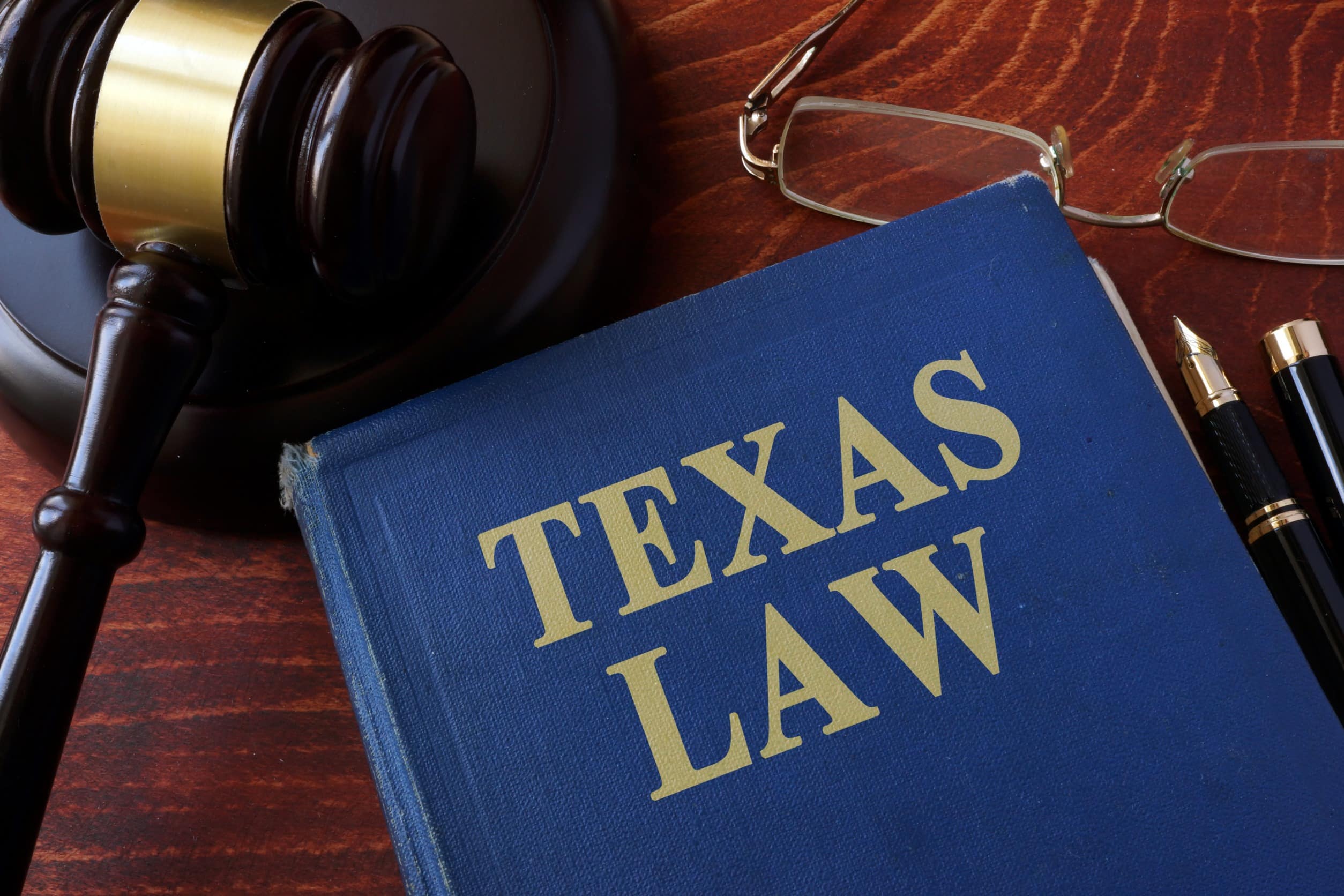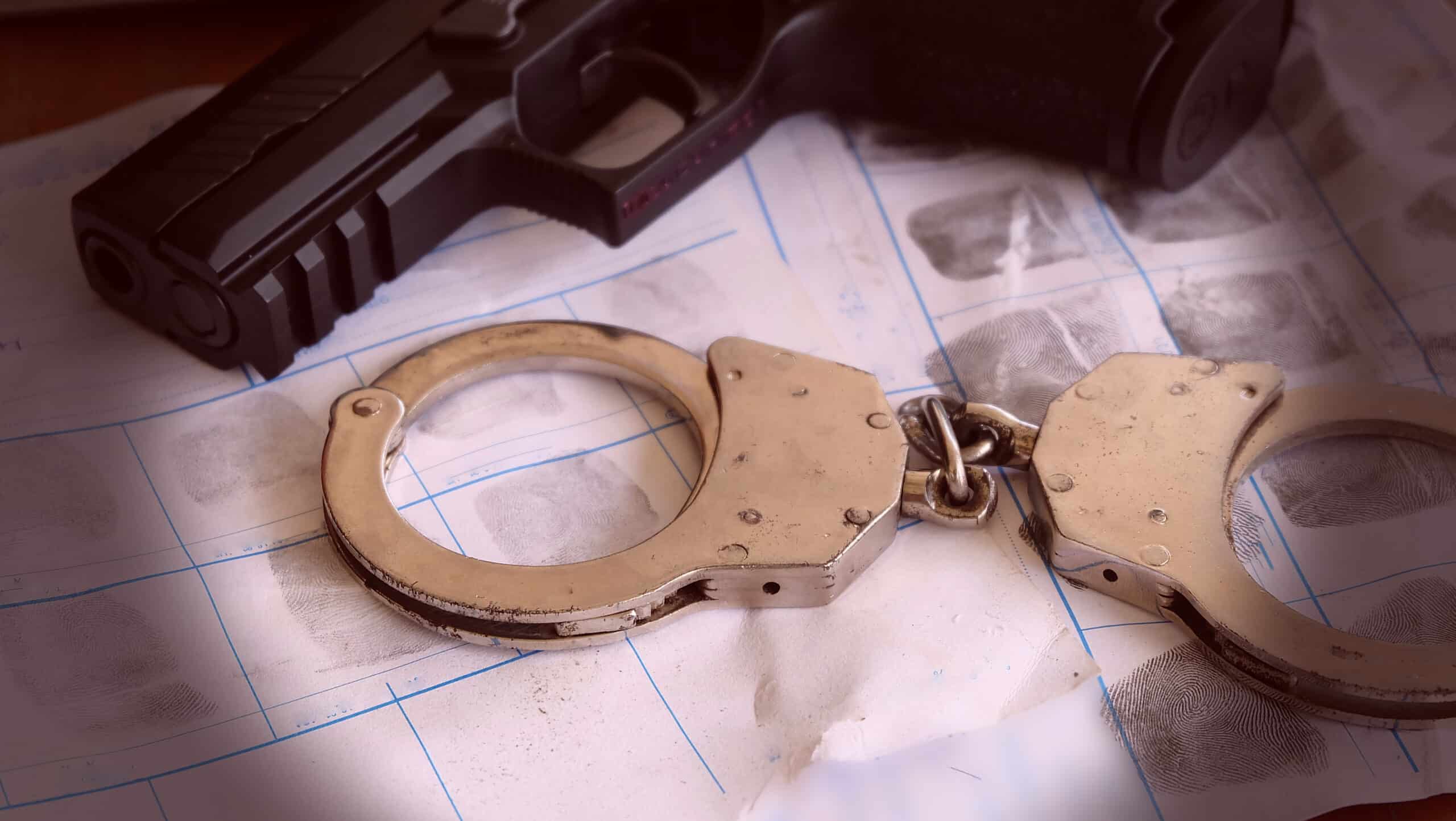How Federal vs State Jurisdiction Impacts Your Houston Criminal Case
If you are facing criminal charges in Houston, it is essential to understand whether your case will be handled in state cour
Read More
Call 24/7 For A Free Consultation
In 2021, Texas passed a law allowing residents to carry handguns in public without a license or training. It is vitally important to understand that this law does not mean anyone in Texas can carry a handgun anywhere they want. Even with this law, it is still illegal for some people to carry a handgun, and it is still illegal to carry a handgun at certain locations. Additionally, all federal laws restricting the possession or use of firearms remain in effect. Changing Texas law has no impact on what is legal or illegal under federal law. If you are not certain about the law regarding firearms, it is best to find out what is legal before you take any action regarding a firearm.
Before the Open Carry law, Texas residents were required to obtain a License to Carry (LTC) to carry a handgun in public. The LTC required a background check, fingerprinting, completion of a training course, and payment of fees. However, as of September 1, 2021, Texas residents who are 21 or older, who are not otherwise prohibited by state or federal law from possessing firearms, may carry a handgun in public without a license or training. This applies to both concealed and openly carried handguns. It is very important to understand that the Texas Open Carry Law has no impact on Federal laws or prohibitions.

If you’re facing a weapons charge in Texas, it’s important to understand how the Open Carry law may affect your case. While the law allows individuals to carry handguns without a license or training, it does not provide immunity from criminal charges related to using or possessing firearms.
For example, if you carry a firearm in a prohibited location, such as a school, government building, or airport, you may still be charged with a weapons offense. Similarly, you cannot carry a firearm if you are intoxicated. Further, if you use a firearm in the commission of a crime, such as a robbery or assault, you may face serious criminal charges, regardless of whether you were legally carrying the weapon prior to the alleged offense.
Additionally, it’s important to note that the Open Carry law does not apply to all types of firearms. Certain firearms, such as automatic weapons, sawed-off shotguns, and explosive devices, are still prohibited under Texas and federal law. You may face serious criminal charges if you are caught possessing one of these prohibited weapons.
If you’re facing a weapons charge in Texas, it’s important to seek the help of an experienced criminal defense attorney. A skilled attorney can help you understand the charges against you, develop a defense strategy, and protect your rights throughout the legal process.
If you’re facing a weapons charge in Texas, it’s important to understand how the Open Carry law may affect your case. While the law allows individuals to carry handguns without a license or training, it does not provide immunity from criminal charges related to firearms. Therefore, it’s important to seek the help of an experienced criminal defense attorney who can help you understand the charges against you and develop a defense strategy.
If you’re facing a weapons charge in Texas, it’s important to seek the help of an experienced criminal defense attorney. A skilled attorney can help you understand the charges against you, develop a defense strategy, and protect your rights throughout the legal process.
In addition to working with an attorney, there are several steps you can take to mitigate the impact of a weapons charge on your life. For example, you may be able to attend counseling or complete community service to show that you are taking responsibility for your actions and are committed to making positive changes in your life. Depending on the circumstances of your case, it may also be possible to negotiate a plea bargain or other favorable outcome.
The Open Carry law in Texas has been controversial since it was enacted in 2021. While some argue that it is a matter of Second Amendment rights and allows law-abiding citizens to protect themselves, others worry that it will increase gun violence and make it easier for criminals and individuals with mental health issues to obtain and carry firearms.
If you’re facing a weapons charge in Texas, it’s important to understand how the Open Carry law may affect your case. While the law allows individuals to carry handguns without a license or training, it does not provide immunity from criminal charges related to firearms. Therefore, it’s important to seek the help of an experienced criminal defense attorney who can help you understand the charges against you and develop a defense strategy.

It’s also important to take proactive steps to mitigate the impact of a weapons charge on your life. Depending on the circumstances of your case, you may be able to attend counseling, complete community service, or negotiate a plea bargain. By taking responsibility for your actions and showing that you are committed to making positive changes in your life, you may achieve a more favorable outcome in your case.
In addition to working with an attorney and taking proactive steps to address the charges against you, it’s also important to remember that the Open Carry law does not apply to all firearms. Certain weapons, such as automatic, sawed-off shotguns, and explosive devices, are still prohibited under Texas and federal law. You may face serious criminal charges if you are caught possessing one of these prohibited weapons.
Ultimately, the most important thing you can do if you’re facing a weapons charge in Texas is to take the situation seriously and seek the help of an experienced criminal defense attorney. By doing so, you can protect your rights and minimize the impact of a weapons charge on your life. While the Open Carry law may have changed the legal landscape in Texas, it does not provide immunity from criminal charges related to firearms. Therefore, it’s important to work with an attorney who can help you navigate the legal system and achieve the best possible outcome in your case.

If you are facing criminal charges in Houston, it is essential to understand whether your case will be handled in state court or federal court. This distinction affects investigations, charging decisions, trial procedures, and potential sentences.
Robert J. Fickman is …
Being charged with violating the Federal Racketeer Influenced and Corrupt Organizations Act (RICO) can be among the most serious criminal charges an individual can face in any Federal court. These charges involve complex allegations that the accused was part of …
When facing federal charges where self-defense is a factor, a Houston federal criminal defense attorney who understands both state and federal law becomes essential to your defense.
Criminal Defense Lawyer Robert J. Fickman has defended the accused in State and …